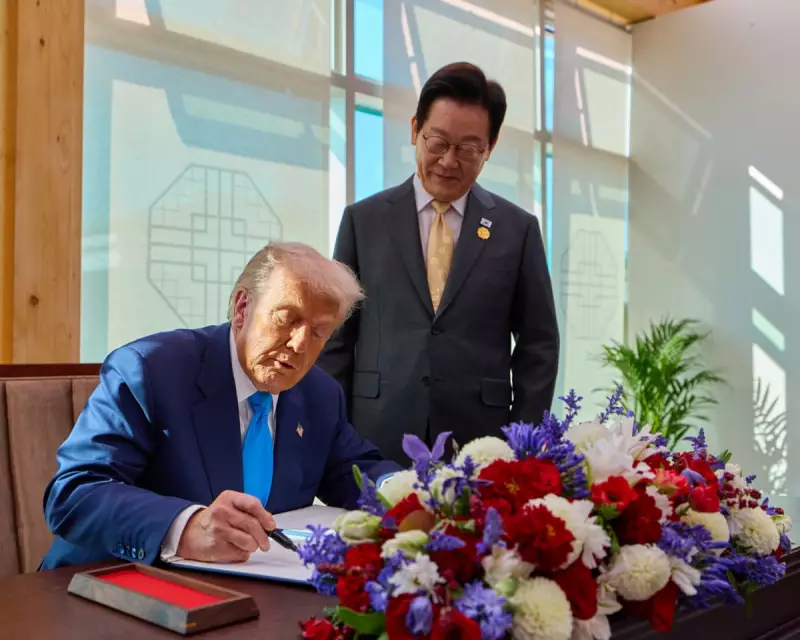
In a move that could reshape Asia's military balance, former US President Donald Trump has granted South Korea formal permission to develop and operate nuclear-powered submarines, according to senior officials briefed on the matter.
A seismic shift in defence policy
The authorisation represents a fundamental departure from decades of US non-proliferation policy and marks the first time Washington has explicitly approved a nuclear submarine programme for a non-ally beyond the AUKUS partnership with Australia.
South Korean officials have reportedly been engaged in intensive discussions with the Trump campaign about the initiative, which would significantly enhance Seoul's naval capabilities amid growing regional threats.
Strategic implications for the region
This development comes as North Korea continues to advance its own nuclear and missile programmes, creating what many analysts describe as an increasingly volatile security environment. The ability to operate nuclear-powered submarines would give South Korea:
- Greatly extended underwater endurance and operational range
- Enhanced stealth capabilities for intelligence gathering
- Strengthened deterrence against northern threats
- Potential to carry advanced missile systems
Challenging non-proliferation norms
The decision is likely to provoke significant controversy within the international community. While nuclear-powered submarines don't carry nuclear weapons, the technology involves sensitive nuclear materials and represents a major step in military capability.
Non-proliferation experts have expressed concern that this move could encourage other nations to pursue similar capabilities, potentially undermining global efforts to control the spread of nuclear technology.
The technical and political landscape
South Korea possesses advanced shipbuilding capabilities and has been developing smaller nuclear reactors for years, suggesting the country has the technical foundation to pursue such a project. However, the political implications may prove more challenging to navigate.
The announcement timing, coming during an election period, raises questions about how such a significant policy shift is being coordinated between campaign officials and current government institutions.
Regional reactions and next steps
Neighbouring countries are closely monitoring the situation, with China likely to view the development as particularly concerning. The move could accelerate naval arms racing in the region and complicate already tense diplomatic relations.
As this story develops, attention will focus on how the current US administration responds and whether other nations will follow South Korea's path in seeking advanced naval nuclear capabilities.





